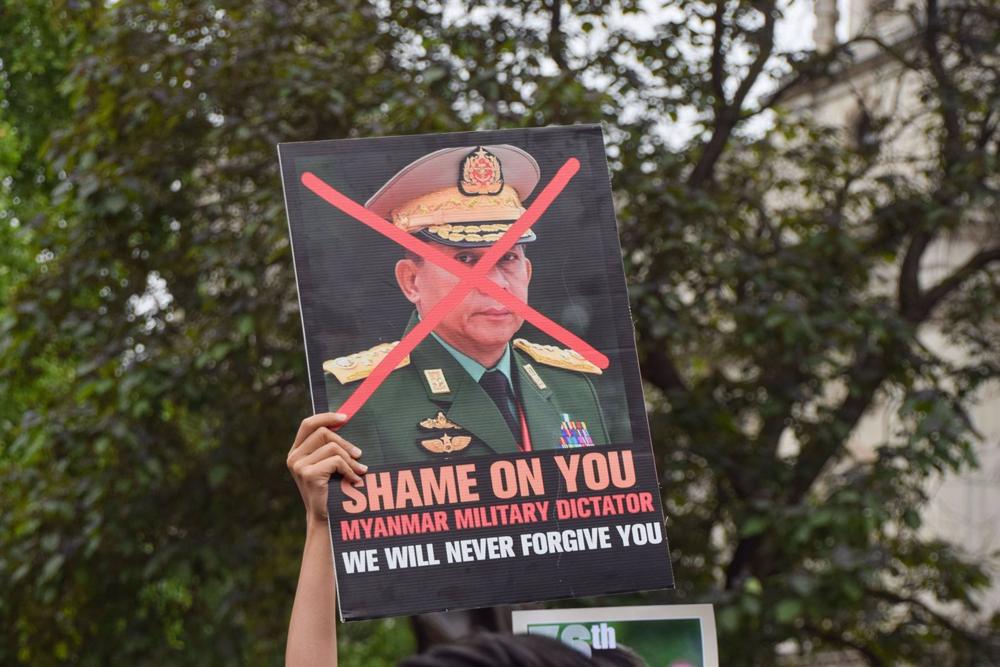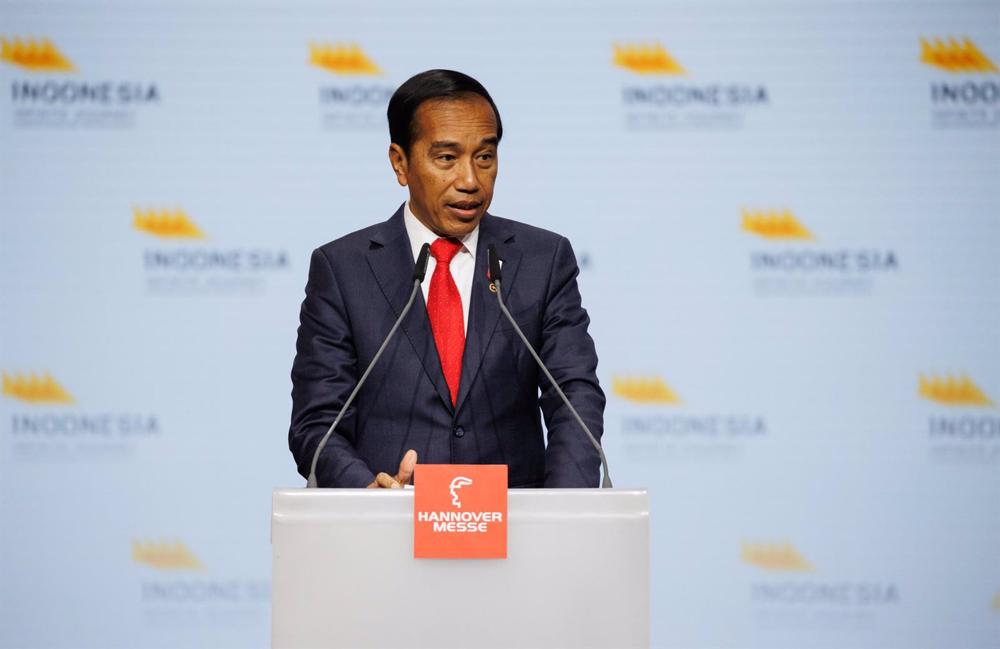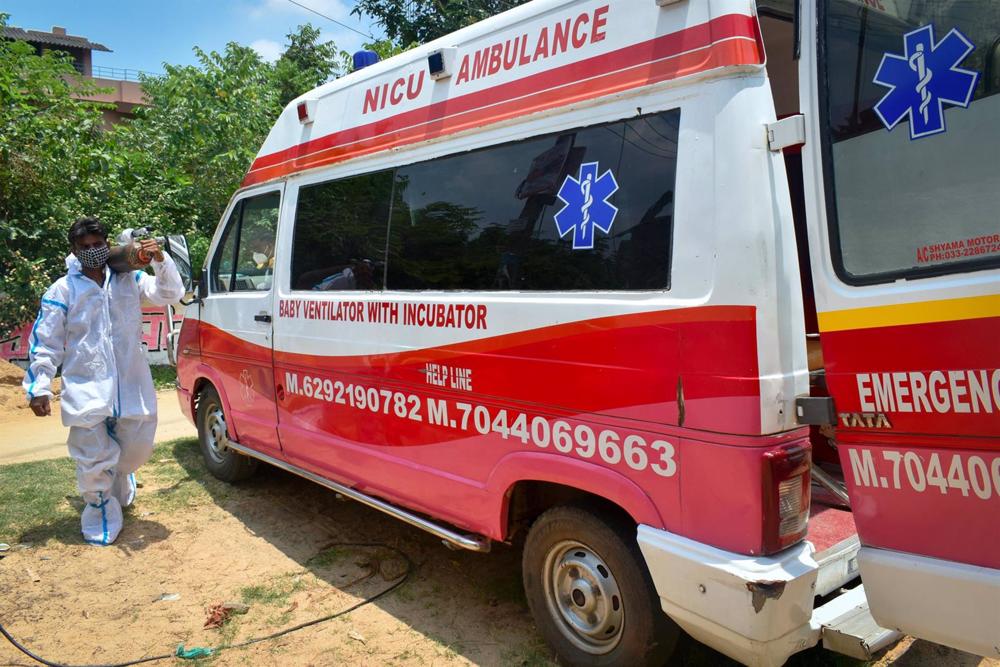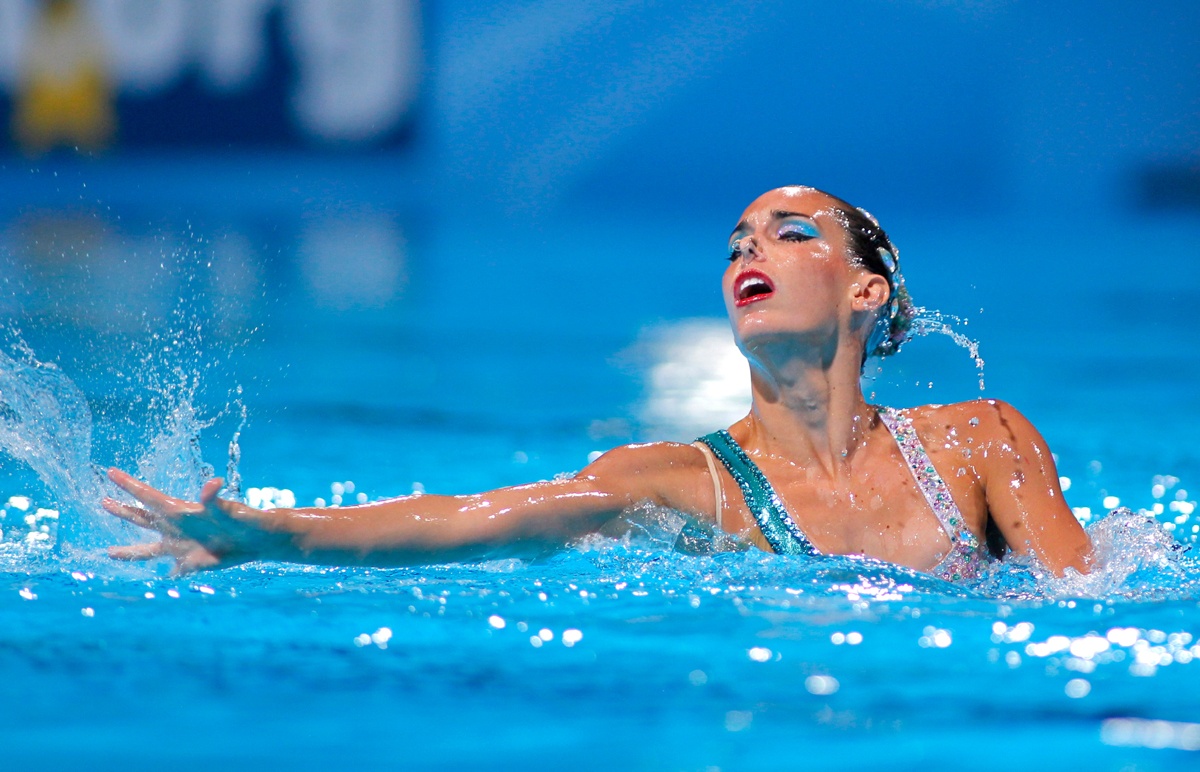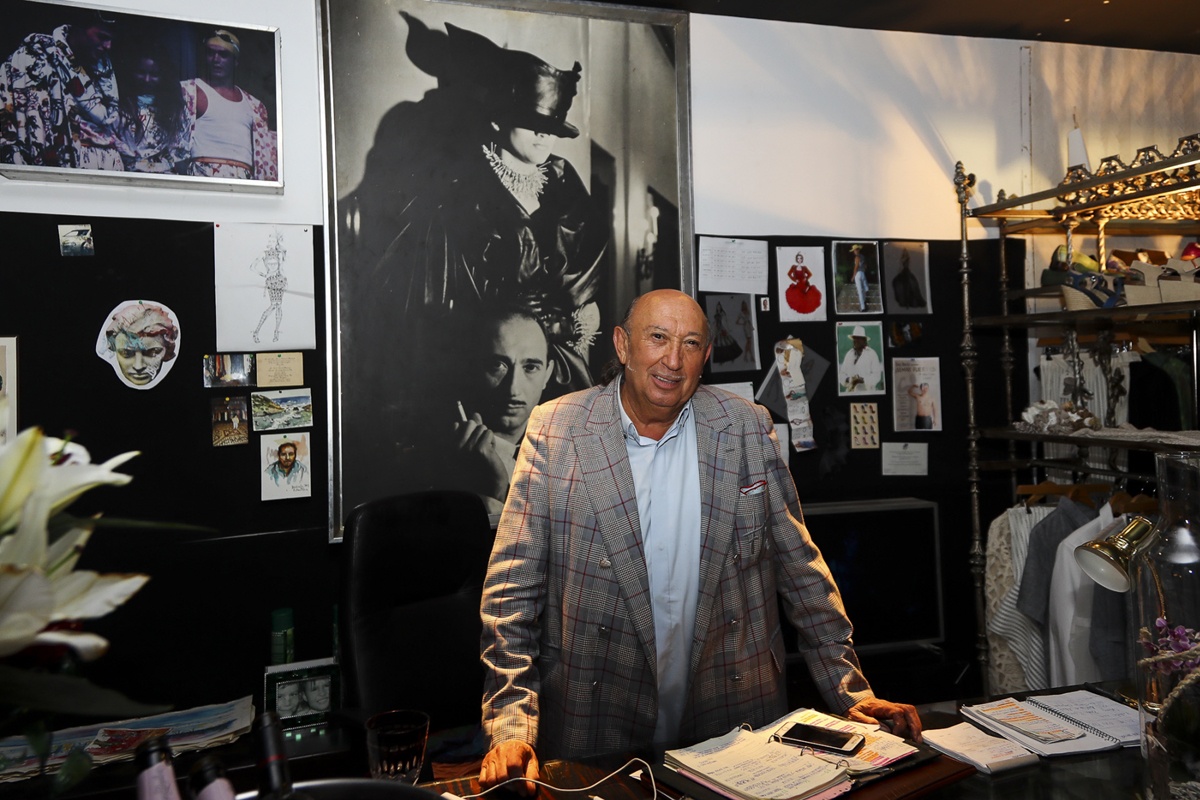
Balkan leaders on Tuesday welcomed the European Union’s «new mentality» towards the region following a summit in Albania that noted a new agenda for cooperation in energy, education and roaming against the backdrop of the war in Ukraine and a renewed aspiration to join the European bloc.
In a press conference after the meeting between the leaders of the EU and the Balkans, the host, the Albanian Prime Minister, Edi Rama, has pointed out as a «milestone» the summit held for the first time in a Balkan country, assuring that it shows the «geostrategic» treatment of Europe to the region.
Rama celebrated that «good news» came out of the meeting to be able to advance in European reforms and participate in community mechanisms before joining the community club, after noting the «common understanding» that while the countries of the region do their «homework» for accession they must have «support» and «be closer» to the bloc.
In this «new mentality», said the Albanian leader, the agreements to strengthen the energy transition of the area and turn the Balkans into a ‘hub’ to cut dependence on Russian hydrocarbons, allow Balkan university students to participate in the Erasmus program or the alliance of universities and cut roaming charges between the two regions from 2023 are part of this «new mentality».
«We need to have the tools of the accession process to make stronger institutions and strengthen the systems to have functional states. We need to do our homework, but it is historic that spaces and support mechanisms are being created that bring us closer without waiting to become members of the EU,» stressed the Albanian leader, thanking the President of the European Commission, Ursula von der Leyen, and the President of the European Council, Charles Michel, for not letting the region’s European integration «die in agony».
WAR IN UKRAINE INCREASES RELATIONS WITH BALKANS During the press conference, Von der Leyen noted that a message of unity and the intention to address together the consequences of the war in Ukraine came out of the summit, at which time she reflected on how Russian aggression has intensified relations with the Balkans and revitalized the accession process.
According to the German conservative, in times of crisis such as the one Europe is going through with the war in Ukraine «you look at the essence of things». «We are a Union of values and I have had the deep impression that in these months, which are transformative times for the EU, we have felt this transformative movement and have taken the same direction,» he stressed about the Balkan region.
In the same vein, Michel has indicated that it is important to «move forward» in the accession process and several leaders have expressed themselves in favor of accelerating its accession to the EU, admitting that the war in Ukraine has enlivened a policy that until then had been burdened by blockades.
«Thanks to the political will we were able to unblock and relaunch the process,» he said about the opening of EU accession negotiations for Albania and Macedonia in July after years of waiting, to insist that the agreements sealed on Tuesday in Tirana are «concrete» projects that come from pre-war exchanges with the Balkans and have now materialized.
On the consideration of candidate status for Bosnia and Herzegovina, following the positive opinion of the European Commission in October, the President of the European Council avoided advancing any decision of the Twenty-Seven, assuring that they will take it when they meet on December 15, although he said that he hopes that a «positive signal» will be sent to Sarajevo.
